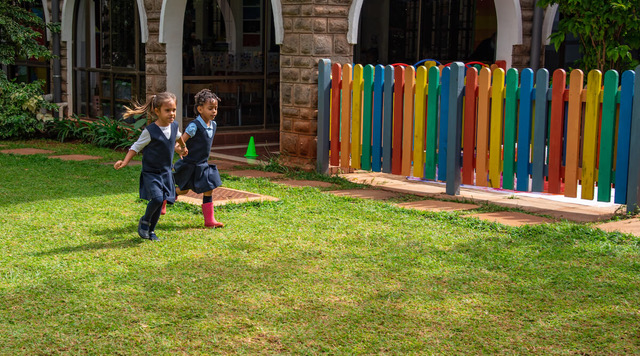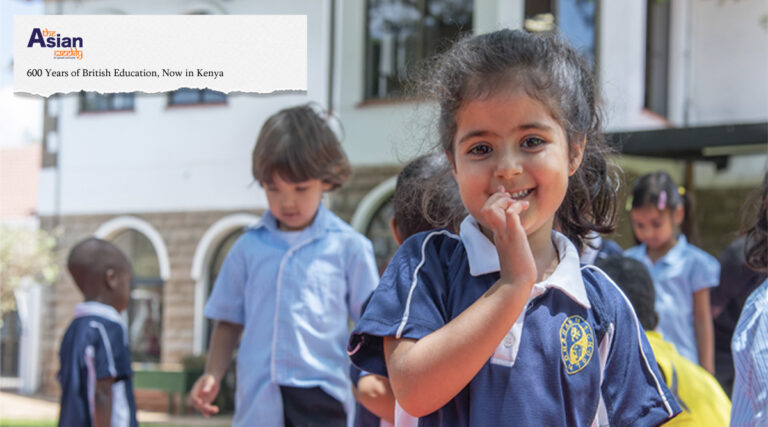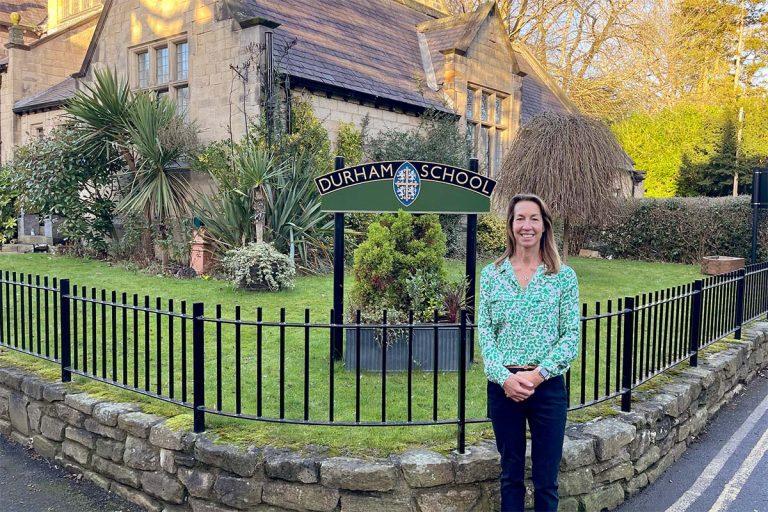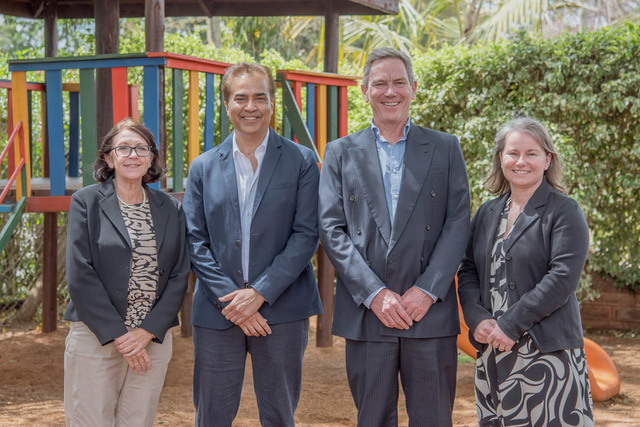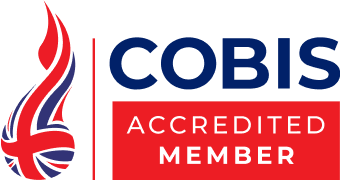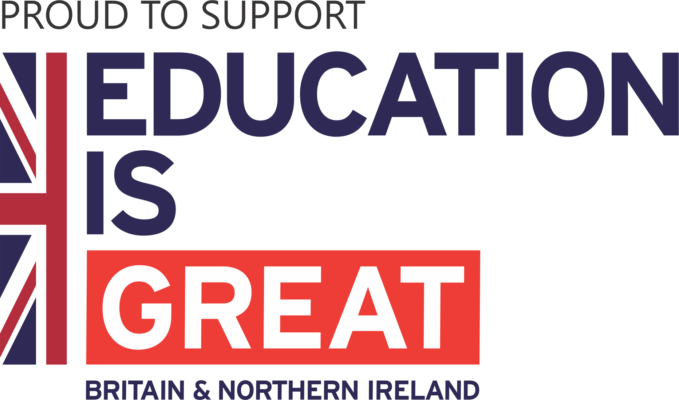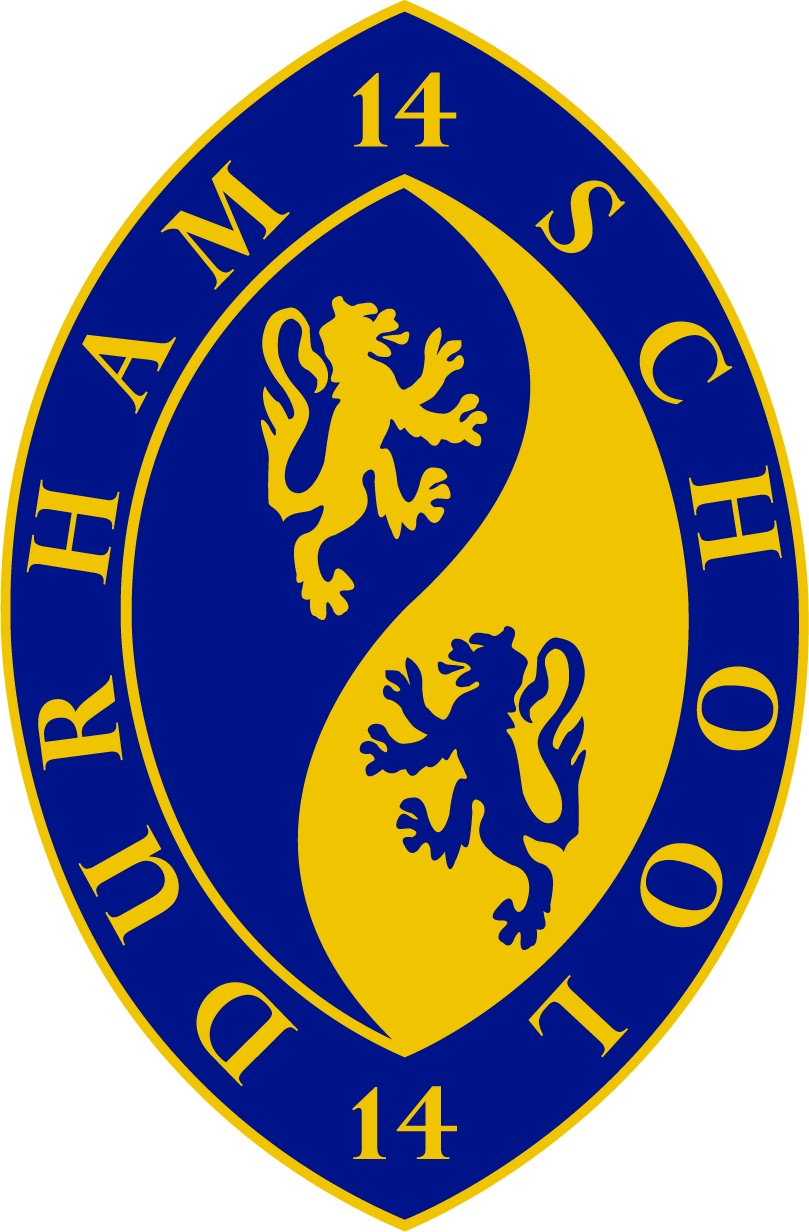School holidays are here, bringing lots of opportunity for fun at home with the family. However, without regular practice over the long summer holiday, new skills and knowledge built up during the school year can fade. This is what educators refer to as the ‘summer slide’.
While this backward slide can sometimes be significant, the good news is that it is made up when the children return to school. But why not encourage your children to stay engaged in learning throughout the summer holiday, so that they may not only maintain, but improve their knowledge and skills? You can incorporate the skills they learned in class into everyday activities and fun family outings, and keep everything fresh in your child’s mind so that they are ready to dive back in at the start of the September term.
For our early years age group, we focus on communication and language skills, numeracy skills, social skills and physical activity, but the principles of reinforcing knowledge and skills throughout the break apply to all age groups. Maintaining the progress your child made in the past school year is as simple as incorporating activities into your everyday routine that engage your child in communicating, keeping active, working with others, discovering and problem solving. It is also a wonderful way to show your child how the skills they have learned are applicable in real life!
Maintaining the progress your child made in the past school year is as simple as incorporating activities into your everyday routine that engage your child in communicating, keeping active, working with others, discovering and problem solving. It is also a wonderful way to show your child how the skills they have learned are applicable in real life!

Language Skills
Language skills are broken down into four key areas: reading, writing, speaking and listening.
Reading sparks interest, excitement and curiosity by exposing your child to new and exciting ideas. Children who have not yet learned to read on their own will love having books read aloud to them. This can be with a parent, a grandparent or a sibling, but it could also be with an audio book or a read aloud video. Audio books and videos introduce your child to wide variety of genres, help them develop their listening and comprehension skills, and expand their vocabulary. Depending on your child’s reading level, consider setting a goal for the number of new books they read over the break, with a reward at the end if they are successful.
You may want to set up a book swap with some other parents from your child’s class, allowing all of the children to enjoy new, age appropriate books throughout the holiday.
Children have many different ways of representing their thoughts and feelings in the Early Years. Some choose music, dance or song, others will prefer to tell stories through role-play, drama or using small world resources, but at some point children are naturally drawn to represent their ideas graphically. When children realise that ‘marks’ can be used symbolically to carry meaning, in much the same way as the spoken word, they begin to use marks as tools to make their thinking visible. ‘Mark making’ is the pre-cursor for writing that young children use to communicate their ideas, express their feelings, and develop their imagination and creativity, and it is fundamental to children’s learning and development.

Encourage your child to ‘make marks’ for the pure physical enjoyment of the activity – the feel of the felt-tip pen as it glides over the surface of the whiteboard or the chalk as it grates over the bumpy tarmac, the sight of the brightly-coloured dribbles of paint as they run down the paper on the easel, or the sensation of the glue, oozing between children’s fingers as they spread it over the paper. Children enjoy working with large sheets of paper, so get a big roll of paper or a flip chart pad and let them make marks at a table, on the floor and hung on the wall. Support your child’s delight in using their mark making to tell stories and express their feelings through pictures and symbols of increasing sophistication by talking with your child about what they have created and what it means.
Creative writing activities help create neural pathways between different parts of the brain—helpful for all areas of learning! Set your child up for success by encouraging creative writing activities each day this summer. For example, encourage your child to make a journal of their trip to a game park. They can record their experiences and learnings through daily creative drawings and writings. Or they can write a letter to Grandparents or a friend about what they did and saw. At home, spark creativity and interest by making menus for a fun restaurant role-play at lunchtime, or making a price list for their role-play shop.
Speaking and listening are important skills in developing communication and language. At school, children are given a lot of time to talk and listen; give your child the opportunity to speak and be heard during the summer holiday. Let them tell you about their day and talk to you about their favourite topics. If you or a Grandparent read them a book or take them for a walk in the morning, later in the day Dad or a sibling can ask questions about the story they heard or what they saw while out. For older children, if they read a book on their own, or watched an educational video, let them explain the topic to you and tell you about new words or ideas that they learned. Ask children open-ended questions like “How do you think birds are able to fly?”

Numeracy Skills
Numeracy and maths skills can easily be incorporated into everyday activities during the break.
For younger students, focus on number recognition and working with practical representations of numbers. While in the car, ask your child to identify numbers on registration plates and road signs. Get your child to gather an array of natural items in the garden like leaves and flowers of different colours and stones of different sizes to make repeating or symmetrical patterns. Let your child use your phone or a digital camera to take photos of circles or spheres in their environment. You can print the pictures and your child can make a collage for each of the 2D or 3D shapes.
Cooking is also a wonderful way for young children to practice numeracy, letting them count, measure and learn about concepts like less and more, full and empty. For older children, it is a great way to reinforce fractions, particularly if you ask them to help you double or half a recipe. Older kids can also benefit from working with money, for example counting change from the shop, or giving them a budget for a friend’s birthday gift.

Social Skills
While the realities of COVID-19 make it more difficult to socialise outside of your family circle, consider creating a school holiday bubble so that your children can spend time with friends from other households.
Independence is a key learning at school and you can reinforce this by picking some new skills for your child to learn over summer. It could be anything from tying their shoes or working zips, to making their favourite snack or riding a bike. This helps children continue to develop self-confidence and resilience, and keeps them learning throughout the break so that they’re ready to jump back in when school opens in September.

Physical Skills
Encourage physical activity all summer long. This could be encouraging your child to learn a new skill like swimming, or promoting outdoor play in your garden with interesting outside activities. Going on walks together to explore your neighbourhood, or making a special trip to Karura Forest, gives your child time for not only physical activity but also to talk and listen, and to learn! For example, practice numeracy skills by collecting 10 natural objects, then when you get home use them to make the different bonds of 10 (5+5, 4+6, etc).
Children learn by doing, so get them involved this summer holiday. No matter what activities you and your family enjoy over the break, there are exciting and easy ways to make them educational. Have fun!


